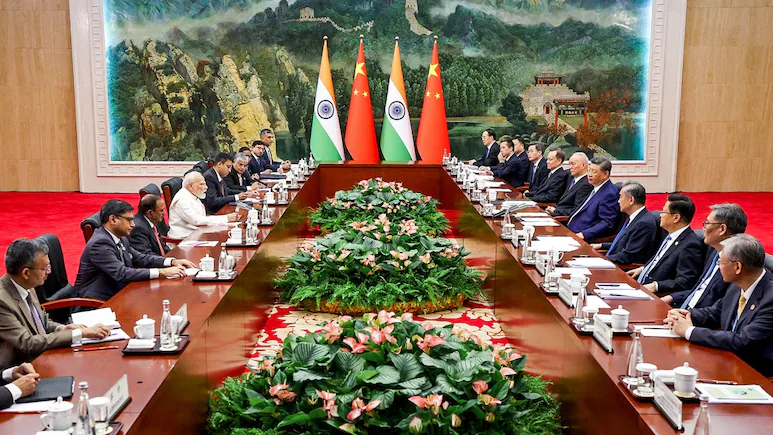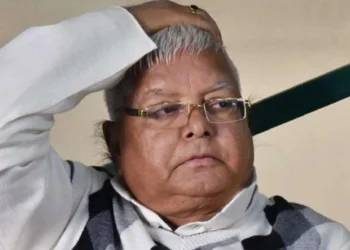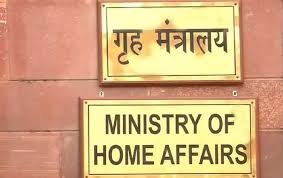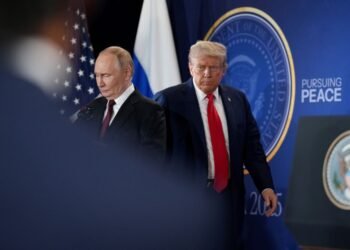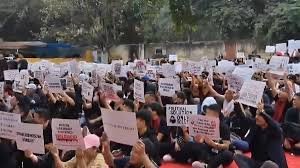At a high-level bilateral summit, China expressed support for India’s fight against terrorism, with PM Modi and President Xi Jinping pledging to expand common ground on regional stability and trade.
BY PC Bureau
August 31, 2025 – China has pledged its support to India in combating terrorism, signaling a thaw in bilateral relations during Prime Minister Narendra Modi’s bilateral summit with President Xi Jinping, the Indian Ministry of External Affairs announced today.
The pledge comes at a pivotal moment—while India grapples with rising tensions with the United States over steep tariffs on its exports, diplomatic ties with China appear to have entered a recalibration. Modi and Xi used the opportunity to discuss enhancing trade, stabilizing the Himalayas, and deepening people-to-people ties. According to Foreign Secretary Vikram Misri, terrorism “was raised by the Prime Minister … crisply and specifically,” with Xi expressing “support” for India’s stance
India’s overture to China marked a strategic shift, particularly when contrasted with the SCO summit in June, where China posted diplomatically cool relations by sidestepping mention of the Pahalgam attack in the joint statement—referencing Balochistan instead. India had refused to sign it
Resetting Relations Amid US-Tariff Tensions
Modi’s visit follows a prolonged absence—his first in-person attendance at the SCO in three years. In 2023, the summit was hosted in India but held virtually, and in 2024 he skipped the summit in Kazakhstan entirely
The backdrop to this meeting is a contentious trade spat with the U.S., which has imposed 50% tariffs on Indian imports—25% as reciprocal duty and an additional 25% responding to India’s purchase of Russian oil. Amid this pressure, India and China are demonstrating a synchronised diplomatic approach.
READ: Manipur: Believe It or Not—Reporter Shot, Mistaken for Bird
Modi emphasized the shared pursuit of strategic autonomy, urging that bilateral ties not be seen through a “third country lens.” The Foreign Ministry added that both leaders deemed it necessary to explore shared ground on bilateral, regional, and global issues like terrorism R
Multiple Layers of Significance
This summit takes on heightened significance as Modi is set to face Pakistan’s Prime Minister Shehbaz Sharif in person for the first time since Pakistan’s April Pahalgam attack and Operation Sindoor, India’s counter-terror operation.
China’s shift to offer “cooperation” represents a departure from its usual reticence. Although deeply aligned with Pakistan, this move suggests a newfound flexibility amid shifting global alliances.
READ: EXCLUSIVE: PM Modi May Visit Manipur on Sept 13; Police on High Alert, Leaves Cancelled
Why This Matters
-
Regional Security Boost: China’s commitment can significantly bolster India’s diplomatic outreach in counter-terrorism, especially within multilateral forums like SCO.
-
Diplomatic Reset: This meeting serves as a strategic recalibration—an India-China thaw—amid growing Indo-U.S. friction.
-
Geopolitical Messaging: India’s ability to realign amid trade tensions underscores its growing diplomatic agility on the global stage.
-
Future Prospects: These discussions lay the groundwork for expanded cooperation in trade, defense, and regional security.



